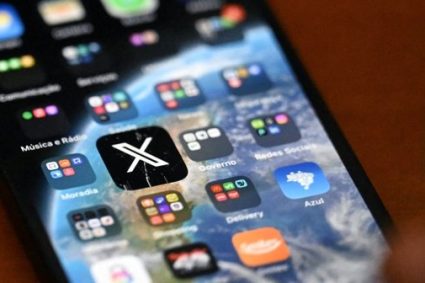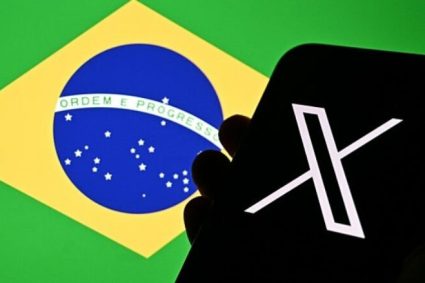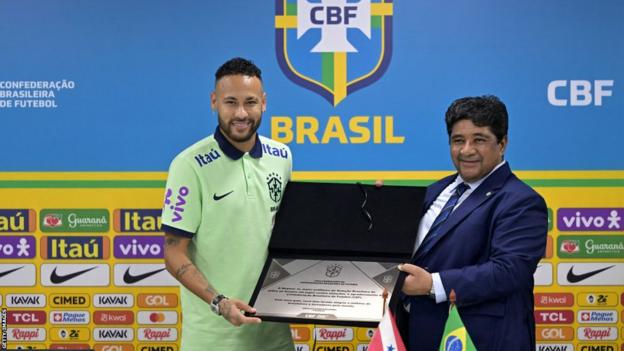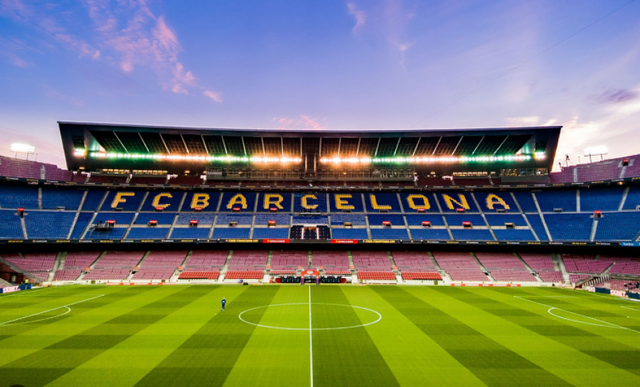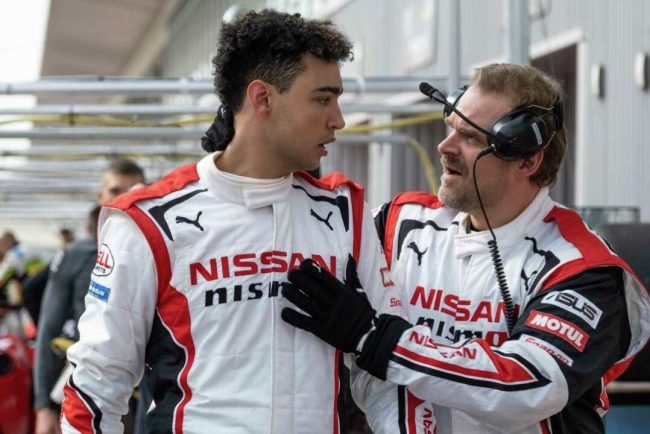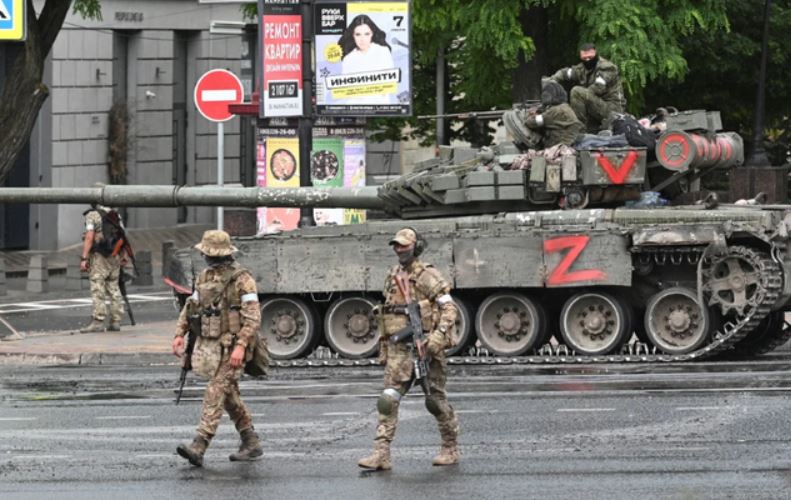
RUSSIA- The unexpected happens in Russia! The simmering conflict between Moscow’s military leadership and Yevgeny Prigozhin, the head of the private mercenary group Wagner, has dramatically escalated into an open uprising that plunges Russia into uncertainty, writes CNN in the article devoted to the situation in Russia.

Prigozhin issued a statement against the Russian military on Friday and then marched his troops into the Russian city of Rostov-on-Don. Russia’s domestic intelligence service, the Federal Security Service, known as the FSB, opened a criminal case against Prigozhin, accusing him of “calling for an armed rebellion”.
What did Prigozhin do?
The dramatic turn of events began on Friday when Prigozhin openly accused the Russian military of attacking a Wagner camp and killing a group of his men. He vowed to retaliate, implying that his forces would “destroy” any resistance, including roadblocks and aircraft.
“There are 25,000 of us and we will find out why there is such chaos in the country,” he said.
Prigozhin later retracted his threat, saying his criticism of the Russian military leadership was a “march of justice” and not a coup. The crisis then deepened after Prigozhin declared that his fighters had entered Russia’s Rostov region and seized key military installations inside the capital. The city of Rostov-on-Don is the headquarters of Russia’s southern military command and home to about one million people. Prigozhin released a video saying his forces would blockade Rostov-on-Don unless Defense Minister Sergei Shoigu and top Russian general Valery Gerasimov come to meet him.
How did Russia respond?

Russia’s Defense Ministry has strongly denied the attack on Wagner troops, calling the claim “informational propaganda”. And the FSB also opened a criminal case against Prigozhin for his threats, accusing him of calling for “an armed rebellion.”
“Prigozhin’s statements and actions are in fact a call for the start of an armed civil conflict on the territory of the Russian Federation and are a stab in the back of the Russian servicemen fighting pro-fascist Ukrainian forces,” the FSB said in a statement. , calling for Wagner.
Russian President Vladimir Putin is aware of the situation. Moscow Mayor Sergei Sobyanin said on Saturday that “anti-terrorist” measures to strengthen security were being carried out in the capital as a result of “incoming information”. Social media posts indicated that military vehicles were seen driving through the main streets of the Russian capital in the early hours of Saturday.
Who is Prigozhin?
Prigozhin has known Putin since the 1990s. He became a wealthy oligarch by winning lucrative food contracts with the Kremlin, earning him the nickname “Putin’s chef”. His transformation into a warlord came in the wake of the 2014 Russian-backed separatist movements in Donbas in eastern Ukraine. Prigozhin founded Wagner to be a shadowy mercenary group that fought both in eastern Ukraine and, increasingly, for Russian-backed causes around the world. CNN has tracked Wagner’s mercenaries to the Central African Republic, Sudan, Libya, Mozambique, Ukraine and Syria. Over the years they have developed a particularly gruesome reputation and have been linked to various human rights abuses.
Prigozhin has used social media to lobby for what he wants and has often clashed with Russia’s military leadership, portraying himself as competent and ruthless in contrast to the military establishment. His differences with Russia’s top leaders erupted in public during the grim and merciless battle for Bakhmut, during which he repeatedly accused the military leadership of failing to supply his troops with sufficient ammunition.
Putin presides over what is often described as a judicial system where infighting and competition between elites are actually encouraged to produce results. But Prigozhin’s increasingly wild outbursts have fueled speculation in recent weeks that he, too, could go too far.
What happens now?
Steve Hall, a former career CIA officer and now a CNN contributor, said the fact that the FSB is the agency issuing the arrest warrant would suggest that Putin has returned Prigozhin.
“In my mind when the FSB says, ‘Yes, we see that this is a criminal act and we are investigating it,’ that to me means that Putin is in charge of it,” he told CNN.
Hall said that Prigozhin “knows exactly what his risk is … which is kind of interesting when you think about it because that means he must have calculated that he could do it … A guy like Prigozhin knows what it’s the risks and I know if it doesn’t go well, it’s going to go very badly,” he added.
Meanwhile, the open rift within Russia’s armed forces has been greeted with glee and much joking in Kiev. Malcolm Davis, a senior analyst at the Australian Strategic Policy Institute, said Ukraine would be keen to exploit the turmoil, especially if Moscow is forced to move troops from the front line.
“Obviously they need to see what’s actually going on with the deployment of Russian forces along their defensive lines,” he told CNN.
“If Russian forces in those countries are pulling back to fight Wagner, to defeat what is certainly an insurgency at the moment but could be a civil war down the road then potentially you’re going to see the Ukrainians open up new opportunities, identifying gaps in the Russian lines that they can bypass and exploit. If loopholes are opened, then they should be ready to use those loopholes,” he added.






